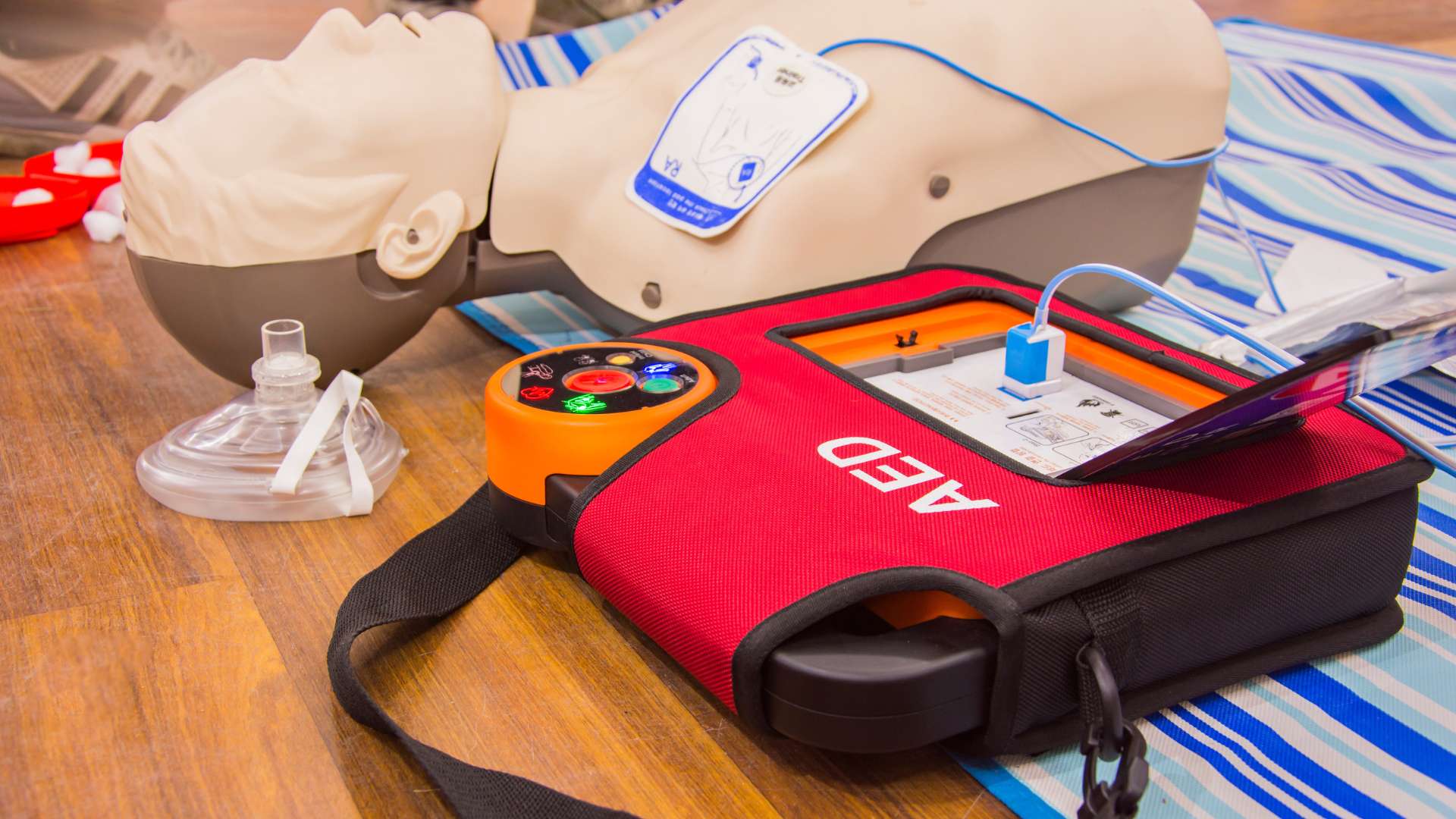Diabetes is a chronic metabolic disorder characterized by elevated blood glucose levels due to insufficient insulin production or the body’s ineffective use of insulin. There are three main types of diabetes:
Type 1 Diabetes: This form occurs when the body’s immune system mistakenly attacks and destroys insulin-producing cells in the pancreas, leading to a lack of insulin.
Type 2 Diabetes: The most common type, often associated with lifestyle factors, where the body either doesn’t produce enough insulin or cannot use it effectively.
Gestational Diabetes: A temporary condition that affects pregnant women, leading to high blood glucose levels during pregnancy.
Occupation’s Influence on Diabetes
Workers in various industries may be at risk of developing diabetes due to factors in their work environment. Some common workplace factors influencing diabetes risk include:
Sedentary Work: Office-based jobs that involve prolonged sitting can contribute to a more sedentary lifestyle, increasing the risk of type 2 diabetes.
Unhealthy Eating Habits: Work environments with limited access to healthy food options or irregular meal breaks can lead to poor dietary choices and weight gain, a risk factor for type 2 diabetes.
Shift Work: Irregular or night shift work can disrupt the body’s natural sleep-wake cycle and impact insulin regulation, potentially increasing the risk of diabetes.
Stress and Mental Health: High-stress jobs or workplace environments can contribute to unhealthy coping mechanisms, such as overeating or neglecting self-care, which may raise the risk of diabetes.
Occupational Health Services: Preventing and Managing Diabetes
Occupational Health Services is dedicated to promoting employee health and assisting businesses in preventing and managing diabetes. Our comprehensive approach includes the following:
Wellness Programs: We offer tailored wellness programs to encourage healthy lifestyle choices, including physical activity and proper nutrition.
Health Screenings: Our team conducts regular health screenings to identify employees at risk of diabetes or those with early signs of the condition.
Education and Awareness: We provide informative workshops and resources to raise awareness about diabetes, its risk factors, and preventive measures.
Stress Management Support: We offer stress management programs to help employees cope with workplace pressures effectively.
The Losses Associated with Employees Suffering from Diabetes
For business owners, diabetes can lead to significant losses, including:
Reduced Workforce Productivity: Employees dealing with diabetes may experience fluctuations in energy levels or require time off for medical appointments, impacting overall workforce productivity.
Increased Healthcare Costs: Treating diabetes and its complications can increase healthcare expenses for the employee and the employer.
Worker’s Compensation Claims: Diabetes-related health issues may lead to worker’s compensation claims, resulting in increased insurance costs for the employer.
Temporary Replacement Costs: Hiring temporary replacements or managing workloads during employee absences may incur additional expenses.
Absenteeism and Disability: Uncontrolled diabetes can increase absenteeism and potential long-term disability claims.
Prioritize Employee Health with Occupational Health Services
Promoting employee health and preventing diabetes is essential for a healthier and more productive workforce. Let Occupational Health Services be your partner in creating a work environment that supports employee well-being. Contact us today to learn more about our wellness programs and how we can help you and your employees achieve optimal health. Together, we can build a resilient and thriving workforce.

























































